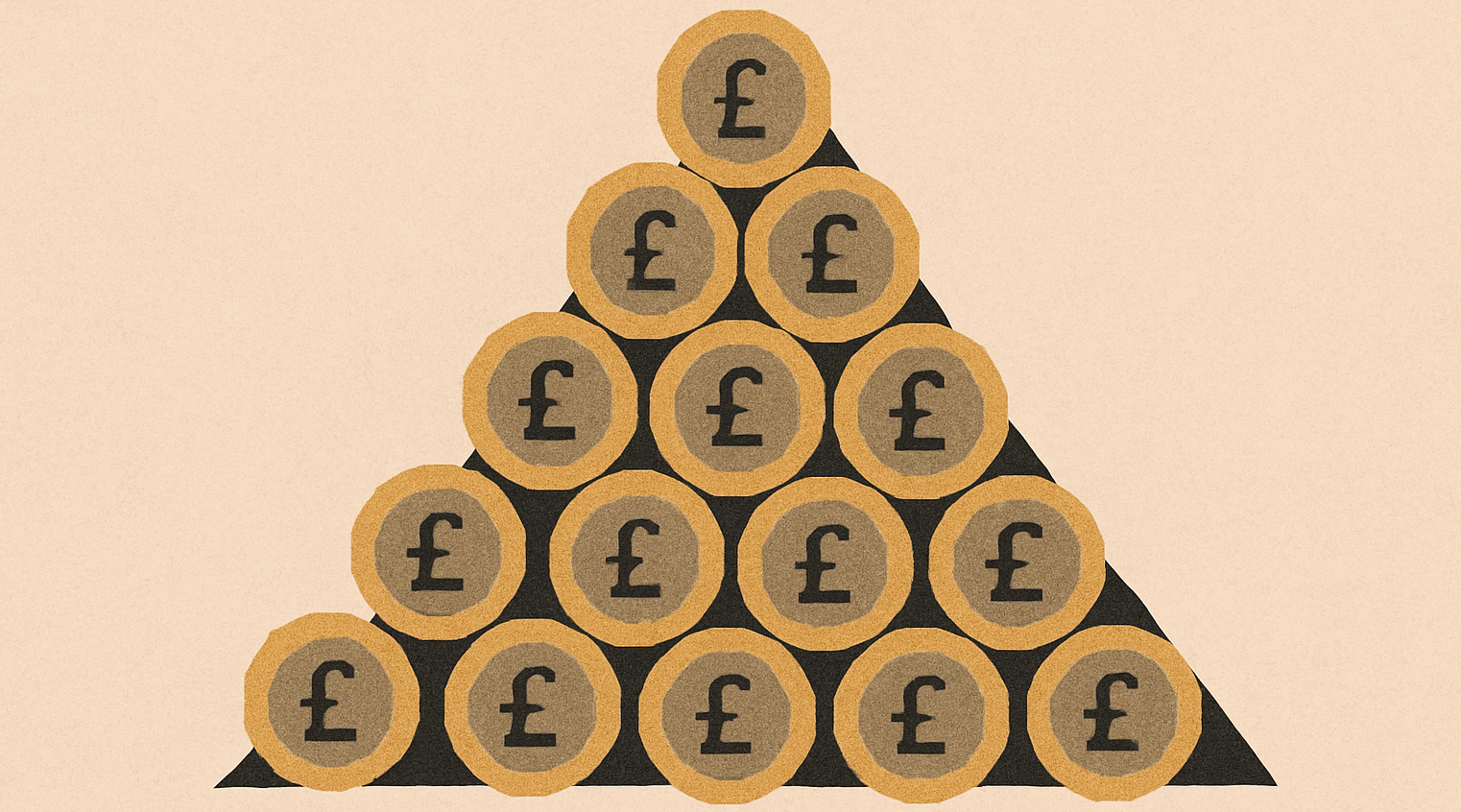What are secured loans good for?
Powerful ways people use secured loans - and some unexpected ways they could help you.

Related articles
When Does a Secured Loan Make Sense?
Secured loans can open up serious borrowing power by using your property as collateral. But that doesn't mean they're right for every situation. The real question is: when does it make sense to borrow this way? Let's look at what secured loans are actually good for, and when they're worth considering over other types of credit.
Big-ticket borrowing with lower rates
As well as the lower interest rates they typically offer (because lenders take on less risk when your property backs the loan), common reasons for secured loans include:
- Home renovations: From loft conversions to new kitchens, secured loans can cover big upgrades
- Debt consolidation: Merge high-interest credit cards or personal loans into one simple payment
- Wedding or major event: When you want flexibility to cover large costs over the long term
- Buying a car: Especially if dealer finance rates are out of your range
- Paying tax bills: HMRC doesn't always wait, and secured loans can offer breathing room
Funding business, investment, or property
Secured loans aren't just for personal spending. Many people use them strategically for business or investments, including:
- Launching or expanding: Building business without selling equity or giving up control
- Buying equipment or vehicles: Investment of this kind can often boost revenue
- Investing in property: Deposits, refurb costs, or bridging finance for a rental purchase
- Landlord expenses: Replacing an old boiler, meeting new EPC requirements, and more
- Covering gaps in cash flow: Freelancers or self-employed workers may have seasonal dips
Summing up
Secured loans are powerful tools - whether you need to borrow large amounts, want a lower interest rate, or need longer to repay. Whether it's renovating your home or investing in a business, secured borrowing gives you flexibility that unsecured loans just can't match. But they're not for everyone - and remember, they put your home at risk if you fall behind on repayments.
Frequently Asked Questions: Secured Loans
Is a secured loan better than a personal loan?
It can be, depending on your goals. Secured loans typically come with lower interest rates and higher borrowing limits, making them ideal for big expenses like home renovations or consolidating debt. But your home (or other asset) is used as collateral - so if you miss repayments, you could lose it. Personal loans are "safer" in this regard and quicker to arrange, but often come with higher rates.

Can I use a secured loan for anything?
Most lenders allow flexibility in how you use the money - from home improvements to clearing debts or funding a major purchase. But just because you can use it for anything doesn't mean you should. Secured loans are best suited for well-planned, high-value expenses where spreading the cost over time makes sense. Using them for short-term wants or impulse spending is risky.

How much can I borrow with a secured loan?
That depends on your equity, income, and credit profile. Many lenders offer secured loans starting around £10,000, with upper limits reaching £250,000 or more. The amount you're eligible for will be based on the value of your home (or asset), how much equity you have, and whether you can comfortably afford the repayments. A lender will also review your credit history to assess risk.

Will a secured loan affect my credit score?
Yes, it will. Like any form of borrowing, a secured loan is recorded on your credit file. Making all your payments on time can actually improve your credit score over time, especially if it helps reduce existing debt. But if you miss payments or default, your score could drop significantly - and because the loan is secured, there's also the risk of repossession. Always factor in affordability before you apply.

Is a secured loan right for self-employed people?
It can be a smart option. Many self-employed borrowers struggle with traditional loans because of fluctuating income or lack of recent payslips. With a secured loan, you may still qualify as long as you have enough equity and can prove your income over time. Just be cautious - if your earnings vary seasonally or you hit a quiet patch, you still need to meet those repayments every month.


The details shown are for illustration only and may not include all lenders or products. Actual rates and terms depend on your circumstances and the lender’s assessment. Information was correct at publication but may change at any time.





